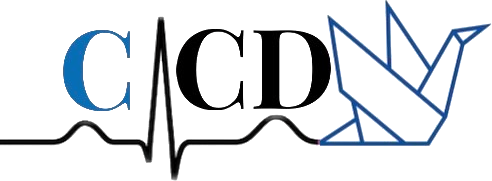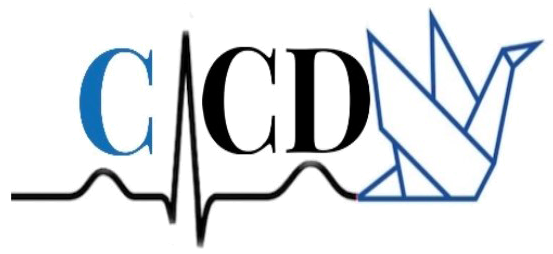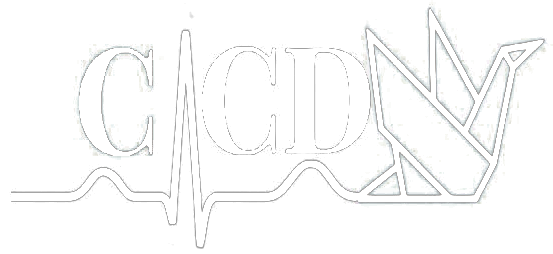
A Beginner’s Guide to Diagnostic Tests for Heart Disease
What Are Diagnostic Tests for Heart Disease?
Diagnostic tests are tools that help doctors check how well your heart is working. These tests can show if there are any problems, like irregular heartbeats, blockages, or other signs of trouble. They are especially important because catching heart issues early can make a big difference in treatment and recovery.
For beginners, the idea of diagnostic tests might sound a bit scary, but most of them are simple, painless, and quick. Whether it’s a test to measure your heart’s rhythm or to see how blood flows through your heart, these tests give doctors a clear picture of what’s happening inside.
Heart disease is a leading cause of health problems, but with the right tests, doctors can help prevent it from getting worse. By learning about Diagnostic Tests for Heart Disease, you can take an important step towards understanding your heart health and staying healthy.
Why Are These Diagnostic Tests So Important
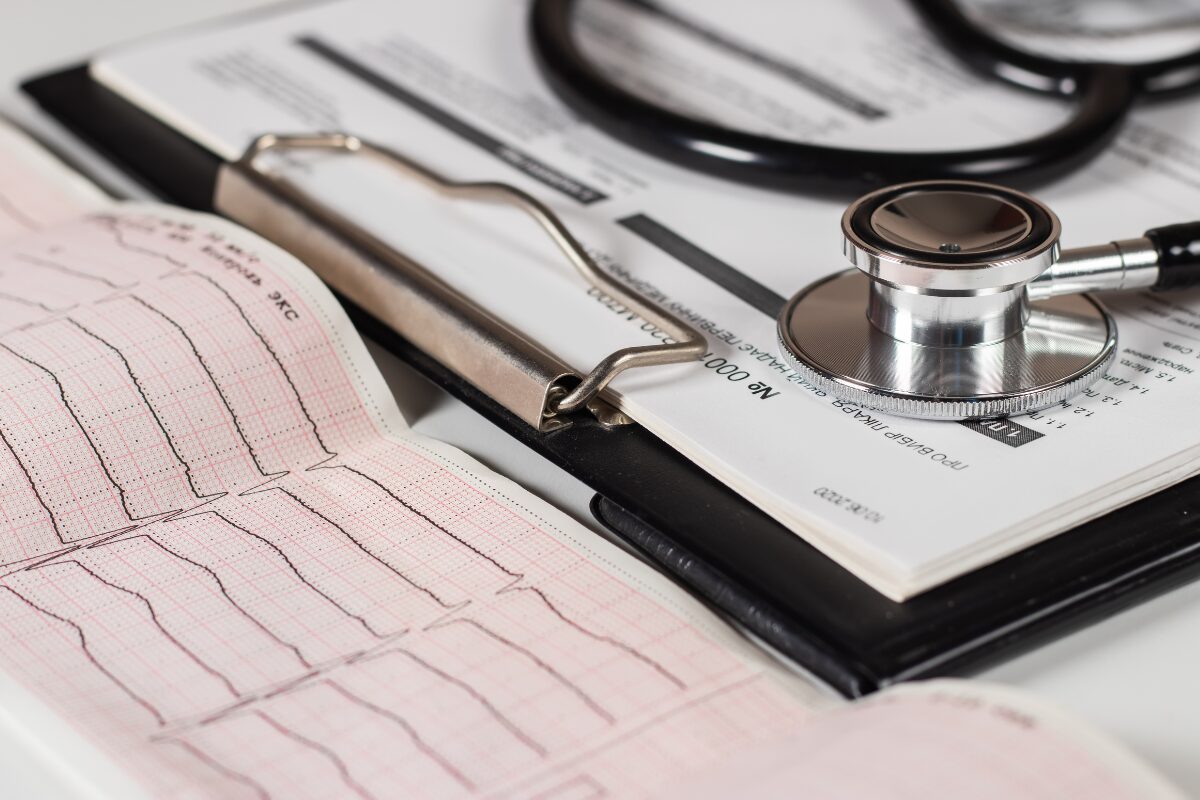
Your heart works hard every day to keep you alive, pumping blood and oxygen to every part of your body. But when something goes wrong, the signs aren’t always easy to spot. That’s where tests for heart disease come in—they help uncover hidden problems before they become serious.
One of the biggest reasons these tests are so important is early detection. Many heart conditions, like blocked arteries or irregular heart rhythms, start small but can quickly lead to major health issues if left untreated. With diagnostic tests, doctors can catch these problems early, giving you a better chance of effective treatment and recovery.
These tests also help prevent emergencies. For example, a stress test can show how your heart handles physical activity, which might reveal issues that could lead to a heart attack if not addressed. Similarly, an ECG can detect irregular heartbeats that might otherwise go unnoticed.
Diagnostic Tests for Heart Disease also give peace of mind. If you’ve ever worried about chest pain or shortness of breath, these tests can confirm whether there’s a problem or if everything is fine. Knowing where you stand with your heart health helps you and your doctor make informed decisions about your care.
In short, these tests aren’t just about finding problems—they’re about protecting your future and ensuring your heart keeps beating strong. Taking the step to get tested can make all the difference.
Common Types of Diagnostic Tests for Heart Disease
There are several types of diagnostic tests, each designed to check specific aspects of your heart’s health. Here are some of the most common ones, explained in simple terms:
- Electrocardiogram (ECG)
An ECG is one of the most commonly used tests. It measures the electrical signals that control your heartbeat. During the test, small sticky pads are placed on your chest, arms, and legs to record your heart’s rhythm. It’s painless, quick, and can detect irregular heartbeats or signs of a past heart attack. - Stress Test
A stress test shows how your heart performs during physical activity. You may be asked to walk on a treadmill while your heart rate, breathing, and blood pressure are monitored. This test helps detect blockages or other problems that may only appear when your heart is working harder. - Echocardiogram
An echocardiogram uses sound waves to create a moving picture of your heart. This test can show if your heart is pumping properly, if there are any structural issues, or if your heart valves are working as they should. - Holter Monitor
For conditions that don’t show up during a standard ECG, a Holter monitor may be used. This small, wearable device records your heart’s activity over 24 to 48 hours, capturing irregularities that come and go. - Angiogram
An angiogram is a more detailed test used to check for blocked or narrowed arteries. A special dye is injected into your blood vessels, and X-rays are taken to see how blood flows through your heart.
Each of these tests plays a vital role in diagnosing heart disease, giving doctors the information they need to create the best treatment plan for you. Most are straightforward and designed with your comfort in mind.
What to Expect During A Diagnostic Tests
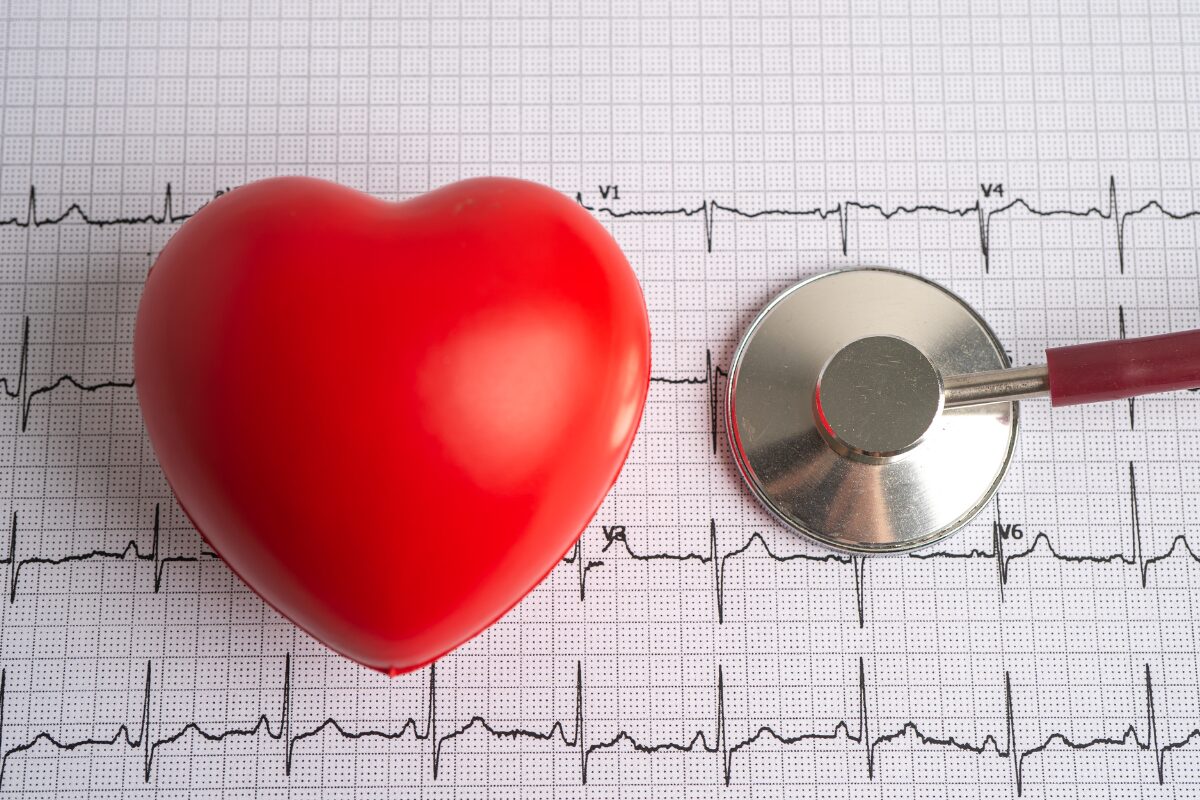
If you’ve never had a diagnostic test for heart disease before, it’s natural to feel a little nervous. But most of these Diagnostic Tests for Heart Disease are simple, and knowing what to expect can make the process easier. Here’s a step-by-step guide to help you feel prepared.
Before the Test
Before your test, your doctor will explain what it involves and why it’s needed. You might be asked to avoid eating or drinking for a few hours, especially for tests like stress tests or angiograms. Wear comfortable clothing and avoid applying lotions or oils to your skin if electrodes or sticky pads will be used.
During the Test
Most tests are quick and non-invasive. For an ECG, you’ll lie down while small electrodes are placed on your chest, arms, and legs to record your heart’s electrical activity. It’s completely painless and takes just a few minutes.
For a stress test, you’ll likely walk on a treadmill while your heart rate and blood pressure are monitored. You may feel slightly tired, but the test is stopped if you feel unwell. For an echocardiogram, you’ll lie still while a technician moves a small device over your chest to create images of your heart using sound waves.
If you’re wearing a Holter monitor, you’ll go about your day as usual while the device records your heart’s activity. For an angiogram, you’ll be in a hospital setting where a small catheter is inserted into a blood vessel to check for blockages.
After the Test
Once the test is done, your doctor will review the results and discuss the next steps with you. Most tests have no side effects, so you can return to your normal activities right away.
Understanding the process helps take the mystery out of testing for heart disease, making them feel much less intimidating. Remember, these tests are designed to help, not hurt, and they’re a crucial step toward protecting your heart health.
Who Needs These Tests for Heart Disease?

Not everyone needs testing for heart disease, but certain people benefit from them more than others. Your doctor may recommend these tests based on your symptoms, medical history, or risk factors. Here’s a closer look at who might need them:
- People with Symptoms of Heart Problems
If you’ve experienced symptoms like chest pain, shortness of breath, dizziness, or a rapid heartbeat, your doctor may suggest diagnostic tests to find out what’s happening. These symptoms can be signs of underlying heart issues that need to be addressed. - Those with a Family History of Heart Disease
If heart disease runs in your family, you might be at a higher risk of developing similar problems. Diagnostic tests can help detect early warning signs before symptoms even appear, giving you the chance to take preventive steps. - Individuals with Risk Factors
People with certain risk factors, such as high blood pressure, diabetes, smoking, obesity, or high cholesterol, are more likely to develop heart disease. Regular testing can help monitor heart health and catch problems early. - Patients with a History of Heart Problems
If you’ve had a heart attack, irregular heart rhythms, or other heart-related conditions in the past, diagnostic tests are often used to track your recovery and monitor for new issues. - Athletes and Those in High-Stress Jobs
For individuals who put extra strain on their hearts, whether through intense physical activity or high-stress environments, these tests can provide peace of mind by ensuring their heart is in good shape.
Testing for heart disease isn’t just for people who are unwell—they’re also a preventive tool for those at risk. By identifying problems early, they help doctors and patients work together to maintain a healthier heart and a better quality of life.
How to Choose the Right Diagnostic Test for Heart Disease
When it comes to diagnostic testing for heart disease, not all tests are the same. Choosing the right one depends on your symptoms, medical history, and what your doctor is looking to find. Here are some tips to help ensure you get the most suitable test for your needs:
- Trust Your Doctor’s Expertise
Your doctor will guide you toward the right test based on your symptoms and risk factors. For example, an ECG might be recommended for checking your heart’s rhythm, while a stress test could be better if your symptoms occur during exercise. Don’t hesitate to ask questions to understand why a particular test is suggested. - Know Your Symptoms
The more information you can share with your doctor about your symptoms, the easier it will be to select the right test. For instance, if you’ve been feeling dizzy or experiencing irregular heartbeats, a Holter monitor might be the best choice. - Consider the Test’s Purpose
Some tests are better for specific conditions. An echocardiogram is excellent for checking the structure and function of the heart, while an angiogram focuses on finding blocked arteries. Understanding what the test is designed to do can help you feel more confident about the process. - Look for Experienced Providers
Make sure your tests are conducted by a qualified professional, whether it’s your GP, a specialist, or a diagnostic service provider. Accurate testing and analysis depend on expertise. - Think About Comfort and Convenience
If you’re worried about invasive procedures, mention this to your doctor. Many tests, like ECGs and echocardiograms, are non-invasive and stress-free. For tests that require preparation, such as an angiogram, make sure you’re comfortable with the steps involved.
Choosing the right diagnostic test for heart disease is all about teamwork between you and your doctor. By understanding your needs and the purpose of each test, you can feel confident that your heart health is in good hands.
FAQ: Common Questions About Diagnostic Testing for Heart Disease
Are the tests for heart disease painful?
Most tests, like ECGs or echocardiograms, are completely painless. Some tests, like an angiogram, may involve slight discomfort, but they are generally well-tolerated.
How long does a diagnostic test take?
The duration depends on the test. ECGs and stress tests are usually done within 30 minutes, while longer tests like a Holter monitor may take 24 to 48 hours to record results.
Do I need to prepare for these tests?
Preparation varies. For some tests, like an ECG, no preparation is needed. For others, like a stress test or angiogram, you may need to fast or avoid certain medications beforehand.
Are diagnostic tests safe?
Yes, diagnostic test are very safe. They are designed to provide valuable insights with minimal risk to the patient.
Can I get these tests done at my local clinic?
Many diagnostic tests, such as ECGs, are available at local clinics or private healthcare providers. Others, like angiograms, may require a hospital setting. Check with your healthcare provider for availability.
